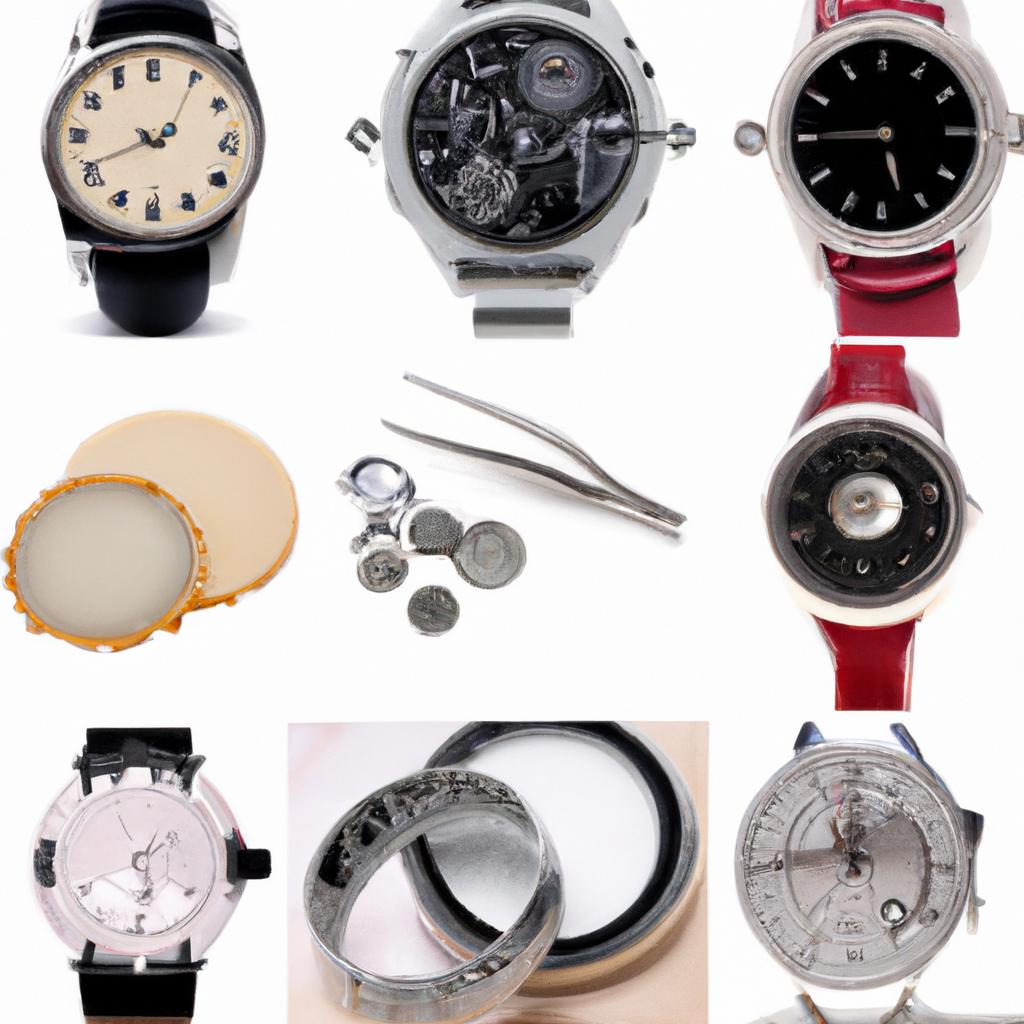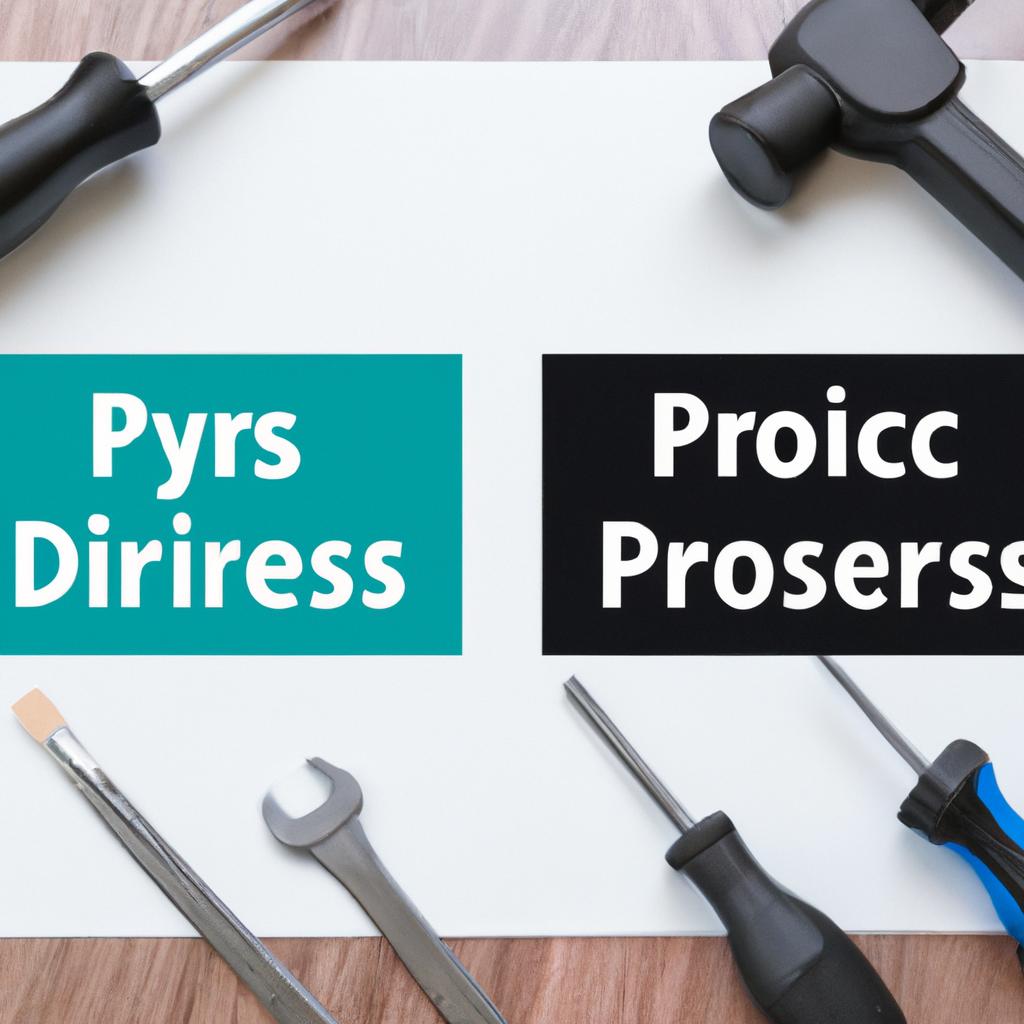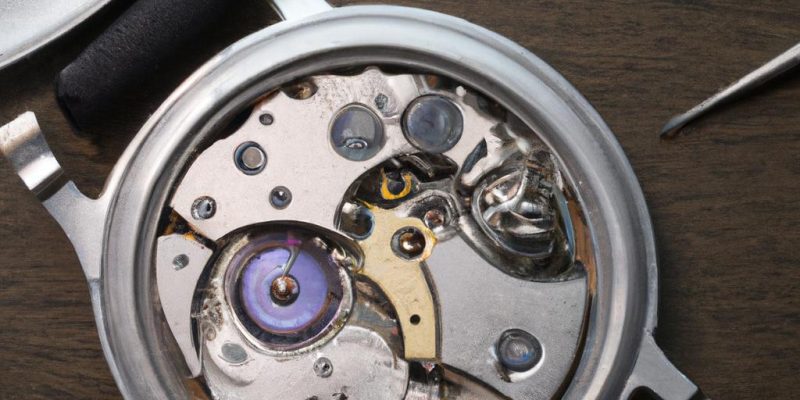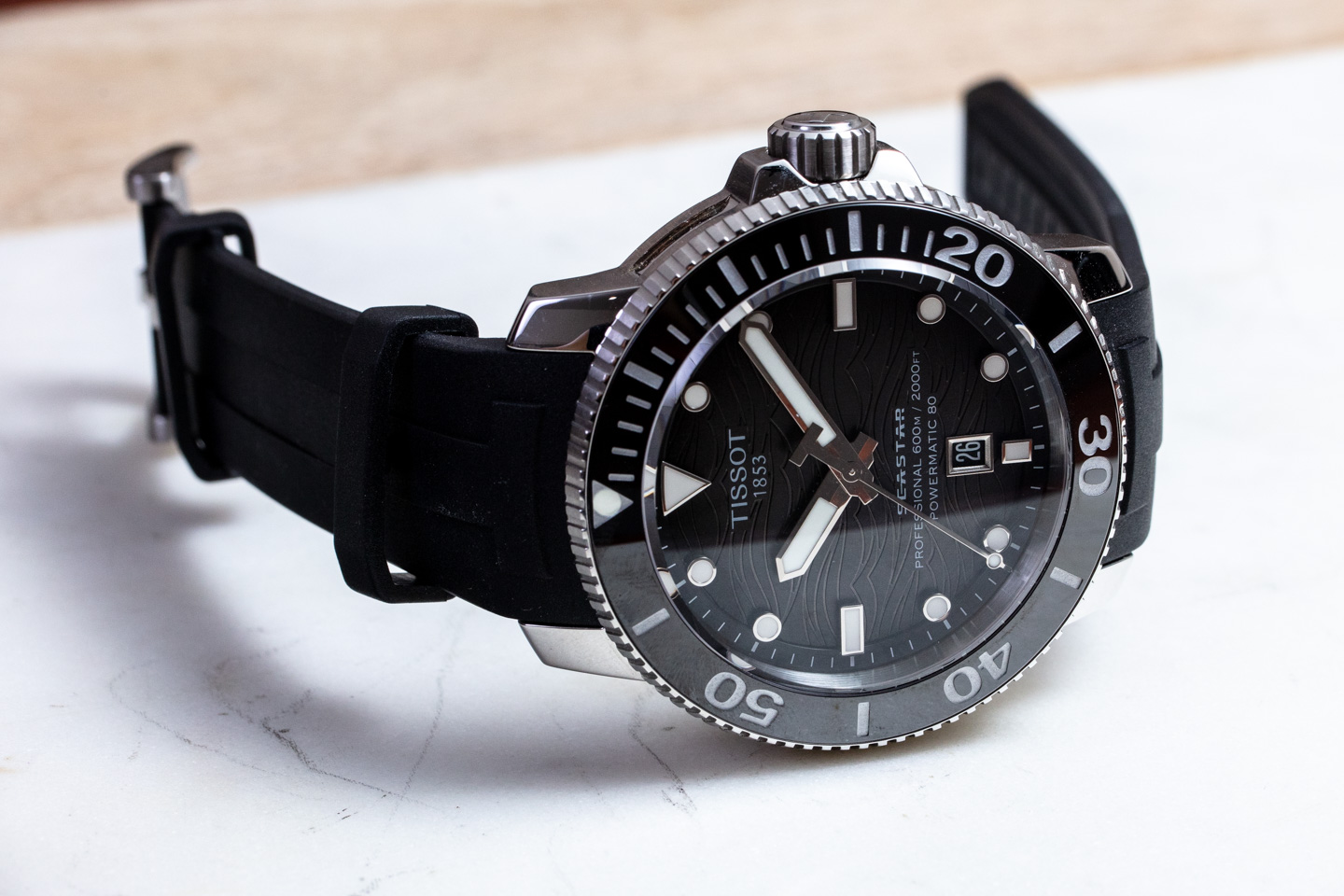In a world dominated by fast-paced technology and fleeting trends, the timeless elegance of a well-crafted watch endures as a symbol of sophistication and precision. Be it a cherished family heirloom or a cutting-edge chronograph, each timepiece holds a unique story, marked by the moments it has witnessed. However, like all things of beauty, watches require care and attention to keep them functioning at their best. In this article, we delve into essential watch maintenance and repair tips that will empower you to preserve the integrity of your favorite timekeepers. From simple at-home practices to recognizing when it’s time for professional intervention, we’ll guide you through the steps to ensure your watch remains a reliable companion, ticking along for years to come. Whether you’re a seasoned collector or a casual wearer, maintaining your timepiece is not just an act of preservation; it is an appreciation of craftsmanship and artistry. Join us as we explore the art of watch care and reveal how to keep your watches in top shape, ticking with unwavering reliability.
Essential Care Practices for Your Timepiece Longevity
To ensure your watch remains a cherished companion through the years, **regular maintenance** is key. Start with simple yet effective practices such as keeping your timepiece away from extreme temperatures and humidity, which could cause the inner mechanisms to falter or the case to corrode. Additionally, routine cleaning will keep your watch looking impeccable. Use a soft, lint-free cloth to remove dust and smudges; for deeper cleans, consider using a mixture of mild soap and water, ensuring you wipe the case thoroughly afterward. Remember, never expose your watch to harsh chemicals which may harm its materials.
When it comes to **servicing intervals**, it’s important to stay on schedule. A mechanical watch generally benefits from a thorough professional check-up every 3 to 5 years, while quartz watches may require battery replacements annually. Here’s a simple overview to guide you:
| Watch Type | Recommended Service Interval |
|---|---|
| Mechanical | Every 3-5 years |
| Quartz | Annually for battery change |
| Diving Watches | Every 3-5 years, more often if used frequently |
always choose a reputable watchmaker for repairs or servicing, as they will utilize specialized tools and knowledge to maintain the integrity of your timepiece. A small investment in care today can yield decades of accurate timekeeping tomorrow.

Understanding Common Issues and Effective Solutions
Every watch enthusiast knows that even the most meticulously crafted timepiece can encounter problems over time. Common issues include issues like water damage, where moisture seeps into the casing, causing rust and malfunction. Another frequent concern is a faulty battery, resulting in a watch that won’t tick at all. Additionally, dirt and debris can accumulate in the movement, leading to timekeeping inaccuracies. Fortunately, each of these problems can typically be addressed with the right maintenance strategies:
- Seal checks: Regularly inspect gaskets and seals to ensure your watch remains water-resistant.
- Battery replacements: Have the battery replaced at a professional service center instead of attempting it yourself to avoid damaging the timepiece.
- Cleansing: Schedule routine professional cleanings to prevent dirt buildup that can impact performance.
To further aid watch owners, utilizing a documented approach to maintenance can help manage potential issues effectively. Below is a simple guide that outlines basic watch care tips:
| Maintenance Task | Frequency | Notes |
|---|---|---|
| Battery Check | Annually | Replace if low voltage. |
| Water Resistance Test | Every 2 Years | Essential for diving watches. |
| Professional Servicing | Every 3-5 Years | Consider a full overhaul. |

Professional Servicing vs. DIY Repairs: Making the Right Choice
When considering how to maintain the precision and beauty of your timepiece, the choice between professional servicing and DIY repairs can be crucial. **Professional servicing** often guarantees expertise, especially when dealing with intricate mechanical movements. Watchmakers possess the necessary tools and specialized knowledge to tackle complex issues, ensuring that every tiny component is adjusted correctly. The benefits of this approach include:
- Access to high-quality parts
- Comprehensive cleaning and lubrication
- Warranty on services rendered
On the other hand, **DIY repairs** can appeal to enthusiasts looking to save money and gain hands-on experience. Basic tasks, such as changing batteries or adjusting the bracelet, can usually be done without much risk. However, it’s vital to understand the limits of your skill set. A few tips for tackling simple repairs include:
- Using the correct tools to avoid damage
- Carefully following instructional videos or guides
- Practicing on less valuable watches first
For more complex issues, consider these factors:
| Factor | Professional Servicing | DIY Repairs |
|---|---|---|
| Skill Requirement | High | Low to Moderate |
| Cost | Higher | Lower |
| Risk of Damage | Minimal | Potentially High |
| Time Required | Varies | Usually Less |
Final Thoughts
your timepiece is more than just an accessory; it’s a testament to craftsmanship and a keeper of memories. By adhering to these essential watch maintenance and repair tips, you ensure that every tick and tock resonates with the precision and accuracy that drew you to it in the first place. Whether it’s a simple routine cleaning, a battery replacement, or professional servicing, each step you take contributes to the longevity and performance of your beloved watch. Remember, the care you invest now will pay dividends in the form of timeless elegance and reliability for years to come. So, take a moment to reflect on the importance of your watch, and commit to nurturing this intricate marvel of engineering, ensuring it remains a steadfast companion through life’s moments, big and small. Happy timekeeping!























Comments